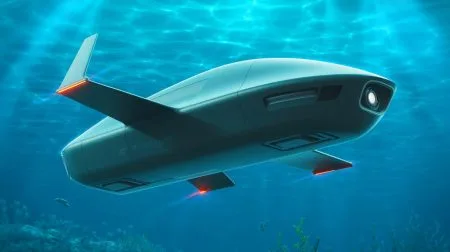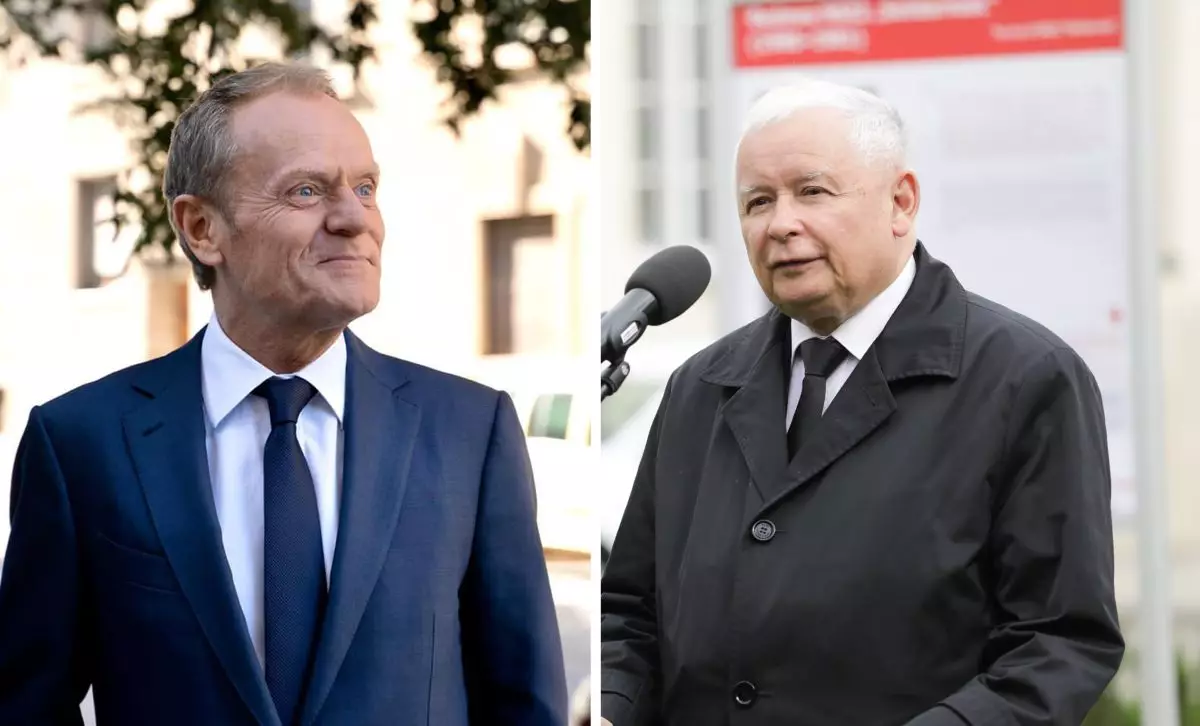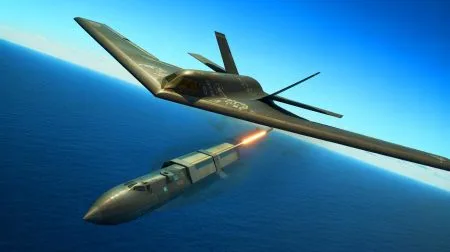Poland – The virulent hostility between Donald Tusk and the Kaczyński brothers, which had lasted since 2005, took a back seat with Donald Tusk’s departure for Brussels in 2014. Unusually, Tusk gave up his post as Prime Minister of the Republic of Poland for that of President of the European Council, a position that gives no real power but is much better paid for far less responsibility. Leaving behind a salary of 18,000 zlotys per month, that is to say some €51,500 a year at the exchange rate of the time, he was henceforth paid annual remuneration amounting to about €355,000. Now, however, Donald Tusk is merely the President of the European People’s Party (EPP), at the head of which he has been able to continue his evolution towards the progressive and Eurofederalist left, making attacks against Viktor Orbán and the Hungarian Fidesz his speciality.
It is therefore as a man of the left, a supporter of ever greater European integration and sanctions against his own country, that this former liberal-conservative returned to his home country to head a Civic Platform (Platforma Obywatelska, PO) which has also become a centre-left party. On Saturday, 3 July, he was appointed interim president of the Civic Platform in place of the very dull Borys Budka, who had presided over a major drop in the polls for his party.
Tusk’s appointment was a consequence of Budka’s agreed resignation from the party presidency and also the resignation of the party’s vice-presidents, including Ewa Kopacz, who had succeeded Tusk as prime minister in 2014–15, after he left for Brussels. Tusk has said that he is prepared to stand for a proper internal election if the PO so wishes, but it is not yet clear whether this will be the case. And he immediately embarked on a tour of Poland to campaign on the ground against PiS.
His first proposals to take the lead of a united opposition against PiS, however, were immediately met with scepticism from the other opposition parties, whose leaders still remember the consequences of their participation in the European Coalition that led them to the bitter defeat of the 2019 European elections.
At the same time that Donald Tusk took over the leadership of the PO, cutting short the ambitions of Warsaw mayor and former PO presidential candidate Rafał Trzaskowski, PiS was also holding a congress. Its leader Jarosław Kaczyński was triumphantly re-elected as the head of the party, and new vice-presidents were elected, among them Kaczyński’s heir apparent, Prime Minister Mateusz Morawiecki.
One of the points on the agenda of the PiS congress that was most widely commented on by the media was the commitment to fight nepotism within the Law and Justice party. A nepotism that Kaczyński called a fault that it is important to correct quickly in order not to lose the next parliamentary elections in two years. It should also be noted that the PiS congress was held the day after Jarosław Kaczyński and 14 other political leaders from other EU countries hostile to the European vision of Donald Tusk and his friends in the EPP and the Left signed a declaration on the future of Europe.
On the one hand, Donald Tusk was careful to give assurances that he was now a supporter of the main social measures introduced by PiS. In particular, he said that raising the retirement age, later lowered by PiS, had been a mistake on his part, and he promised that the family allowances introduced by PiS would be maintained. On the other hand, he immediately sought to revive the policy of setting the camp of good, which he sees as being represented by the liberals and the left, in opposition to the camp of evil embodied by PiS and those further to the right. He made it clear that he had returned to Poland to “fight evil”. “They are only strong because of our weakness. It’s really a rather grotesque group of people, a bit like a parody of a dictatorship”, Tusk told his supporters at the PO National Council. And he also said: “I’m back. Today, evil reigns over Poland. We are going into the field to fight this evil. ”
Such a strategy of division on the part of Donald Tusk and his party is nothing new. It actually goes back to 2005, when Tusk took very badly his defeat in the presidential contest against Lech Kaczyński, Jarosław’s twin brother, who died in the Smolensk disaster in 2010. Thus, during the campaign for the 2007 early parliamentary elections, triggered by the fact that the PO now rejected any idea of a coalition with PiS (whereas this was the planned scenario before the 2005 parliamentary elections), the Civic Platform campaigned with a series of posters declaiming various characteristics attributed to PiS governments (“aggression”, “hatred”, “baseness”, “incompetence”, etc.) and accompanied by the slogan: “PiS is governing and Poles are ashamed.”
Just as today, PiS sought to convince Poles that the Civic Platform had taken over the corruption networks of the post-communist SLD party and that this was the reason for its aggressiveness towards PiS, which was presented as the champion of the fight against corruption (hence the need to fight nepotism in its own ranks today). In 2007, one of the main PiS campaign spots featured a group of mafiosi led by an oligarch pinning his hopes on the elections and claiming that “we have to get rid of [Justice Minister and Prosecutor General] Ziobro and [Prime Minister] Kaczyński so that everything can return to the way it was.”
Today, Kaczyński is deputy prime minister and leader of PiS, Ziobro is minister of justice as he was then, and Tusk is again leader of the PO. The two formerly allied parties, which both have their roots in the Solidarity trade union, would now get a combined maximum of 45–50% of the vote according to opinion polls, compared with nearly 75% of the vote in the 2007 elections.
A commentary in the left-wing media Krytyka Polityczna reflects quite well the reactions of many politicians from other parties: “Tusk is back and betting on total polarisation. As if there was only the PO and PiS.”
Bild: Visegrád Post / Quellen: Facebook / Donald Tusk / Prawo i Sprawiedliwość
Did you like it? 4.5/5 (21)







Does Tusk really think Poles want another round of this rivalry? 🤔
Why does it always come down to Tusk vs. Kaczyński? Aren’t there other leaders?
Great article, but I think there’s too much focus on personalities rather than policies.
OMG, politics in Poland sounds like a soap opera! 😂
What about Trzaskowski? Wasn’t he the fresh face PO needed?
Do you think Tusk can actually unite the opposition, or is it just wishful thinking?